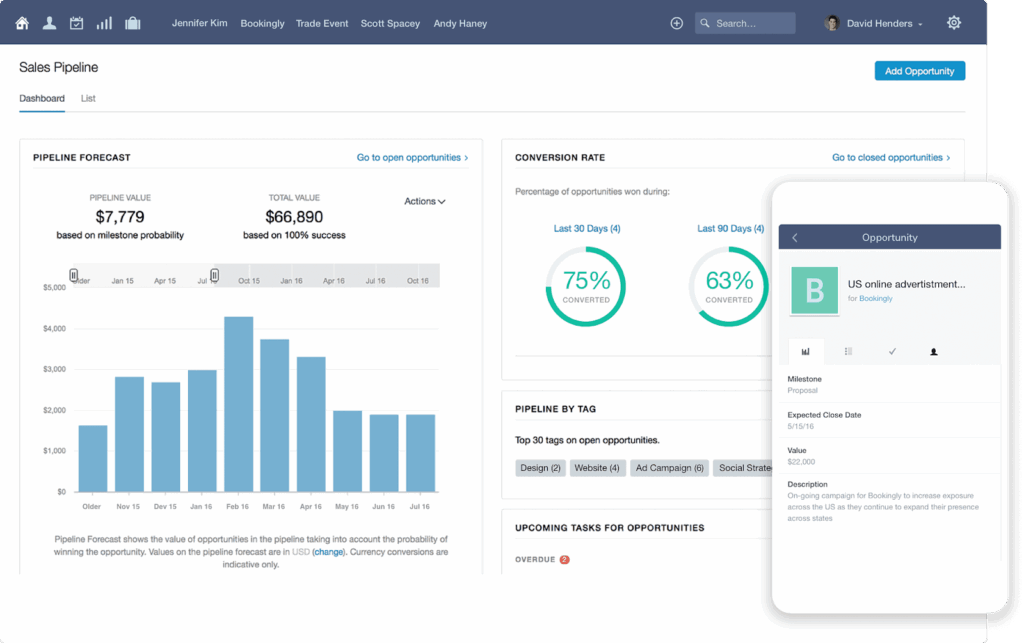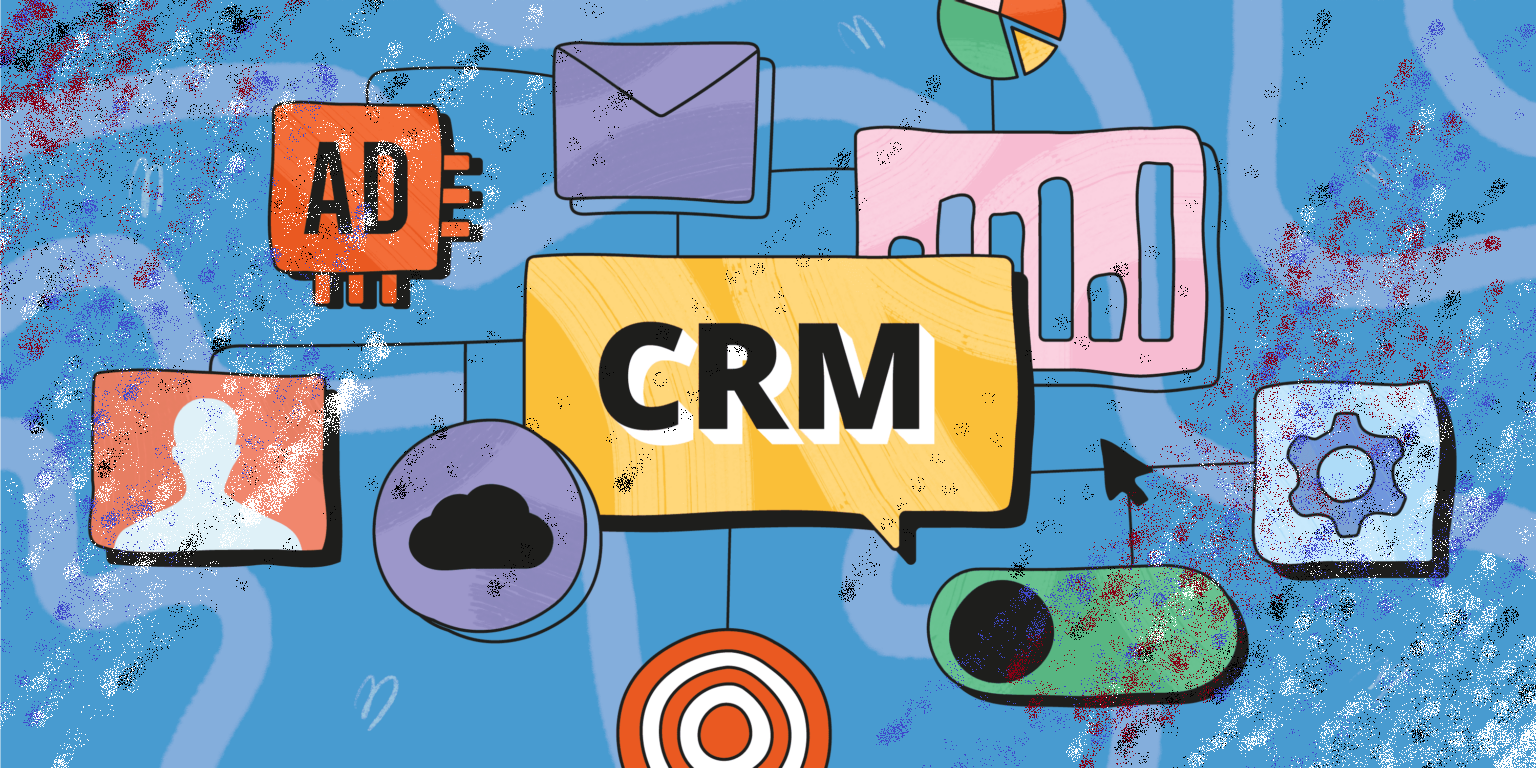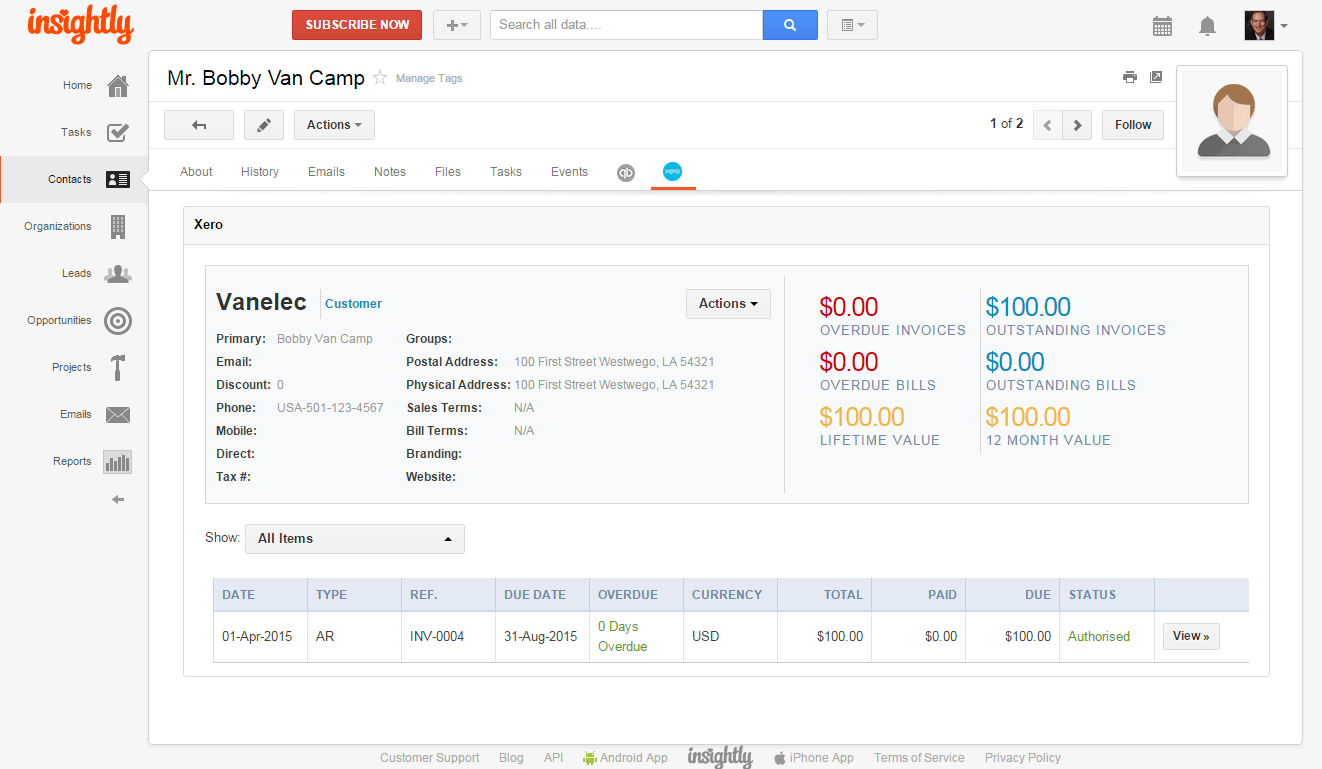
Brewing Success: The Ultimate CRM Guide for Small Cafes
Running a small cafe is a labor of love. You pour your heart and soul into crafting the perfect espresso, sourcing the finest pastries, and creating a welcoming atmosphere. But beyond the delicious coffee and friendly service, there’s a whole other side to the business that can make or break your success: customer relationship management (CRM).
In today’s competitive landscape, simply serving great coffee isn’t enough. You need to understand your customers, anticipate their needs, and build lasting relationships. That’s where a CRM system comes in. It’s your secret ingredient for turning casual customers into loyal regulars, boosting sales, and streamlining your operations. This guide will explore the best CRM options specifically tailored for small cafes, helping you choose the perfect brew for your business.
Why Your Small Cafe Needs a CRM
You might be thinking, “I know my customers, I chat with them every day!” And that’s great, but a CRM takes your customer relationships to the next level. It’s like having a super-powered memory and a personal assistant all rolled into one. Here’s why a CRM is crucial for your small cafe:
- Know Your Customers Better: A CRM centralizes all customer data – contact information, order history, preferences, and interactions. This gives you a 360-degree view of each customer, allowing you to personalize their experience.
- Improve Customer Service: With instant access to customer information, your staff can greet customers by name, remember their favorite orders, and quickly resolve any issues.
- Boost Sales and Loyalty: CRM enables targeted marketing campaigns, loyalty programs, and personalized offers. This encourages repeat business and increases customer lifetime value.
- Streamline Operations: Some CRM systems offer features like online ordering integration, table management, and staff scheduling, making your daily operations smoother.
- Make Data-Driven Decisions: Track key metrics like customer acquisition cost, customer lifetime value, and sales trends. This data helps you make informed decisions about your business strategy.
Key Features to Look for in a CRM for Your Cafe
Not all CRM systems are created equal. When choosing a CRM for your small cafe, consider these essential features:
1. Contact Management
This is the foundation of any CRM. It should allow you to easily store and manage customer contact information, including names, email addresses, phone numbers, and social media profiles. Look for features like:
- Easy Data Entry: The system should be user-friendly and allow for quick and efficient data input.
- Contact Segmentation: The ability to group customers based on demographics, purchase history, or other criteria.
- Data Import and Export: The ability to import and export data from other systems, like your point-of-sale (POS) system.
2. Order History Tracking
Knowing what your customers buy and when they buy it is gold. A good CRM should track each customer’s order history, including:
- Order Details: What items were ordered, the date and time, and the total amount spent.
- Purchase Frequency: How often a customer visits your cafe.
- Average Order Value: How much a customer typically spends per visit.
3. Marketing Automation
This feature allows you to automate marketing tasks, saving you time and effort. Look for features like:
- Email Marketing: Create and send targeted email campaigns, such as welcome emails, birthday greetings, and promotional offers.
- SMS Marketing: Send text messages to customers to announce special deals, new menu items, or upcoming events.
- Segmentation: Target specific customer groups with personalized messages.
- Campaign Tracking: Measure the success of your marketing campaigns with metrics like open rates, click-through rates, and conversions.
4. Loyalty Programs
Reward your loyal customers and encourage repeat business with a loyalty program integrated into your CRM. Look for features like:
- Points-Based System: Customers earn points for every purchase, which they can redeem for rewards.
- Tiered Rewards: Offer different levels of rewards based on customer spending.
- Mobile App Integration: Allow customers to easily track their points and rewards through a mobile app.
5. Reporting and Analytics
Gain valuable insights into your business performance with robust reporting and analytics. Look for features like:
- Sales Reports: Track sales by day, week, month, or year.
- Customer Segmentation Reports: Analyze customer behavior and identify your most valuable customers.
- Campaign Performance Reports: Measure the effectiveness of your marketing campaigns.
6. Integration with Other Systems
Seamless integration with your existing systems is crucial for efficiency. Look for integration with:
- Point-of-Sale (POS) Systems: Automatically sync customer data and order information.
- Online Ordering Platforms: Integrate with platforms like Grubhub or DoorDash.
- Social Media: Connect with your social media accounts to manage your online presence.
7. Ease of Use and Affordability
A CRM system should be easy to use and affordable for your small cafe. Look for:
- User-Friendly Interface: The system should be intuitive and easy to navigate.
- Mobile Accessibility: Access your CRM data from anywhere with a mobile app.
- Scalable Pricing: Choose a plan that fits your budget and grows with your business.
Top CRM Systems for Small Cafes
Now, let’s explore some of the best CRM options for small cafes, each with its own strengths and weaknesses:
1. Square for Restaurants (with Customer Directory)
Key Features: POS integration, customer directory, loyalty program, email marketing, reporting.
Pros: Seamless integration with Square POS, easy to use, affordable pricing, excellent for managing transactions and customer data in one place.
Cons: Marketing features are less robust compared to dedicated CRM systems. Limited customization options.
Who It’s Best For: Cafes that already use Square POS or are looking for a simple, all-in-one solution for point of sale and basic CRM needs.
2. Zoho CRM
Key Features: Contact management, lead management, sales automation, marketing automation, customer support, detailed reporting.
Pros: Highly customizable, robust features, affordable pricing plans, excellent for managing sales and marketing efforts.
Cons: Can be overwhelming for beginners due to its extensive feature set. Requires some technical knowledge to set up and customize.
Who It’s Best For: Cafes looking for a powerful and versatile CRM with advanced features to manage sales, marketing, and customer support.
3. HubSpot CRM
Key Features: Contact management, sales pipeline management, marketing automation, email marketing, free version available.
Pros: User-friendly interface, excellent free version, powerful marketing automation tools, integrates well with other apps.
Cons: The free version has limited features. Paid plans can be expensive for small businesses.
Who It’s Best For: Cafes looking for a user-friendly CRM with strong marketing automation capabilities and a generous free plan to get started.
4. LoyaltyLion
Key Features: Loyalty programs, rewards programs, points-based system, referral programs, customer segmentation.
Pros: Specializes in loyalty programs, easy to set up and manage, excellent for rewarding loyal customers and driving repeat business.
Cons: Primarily focused on loyalty, limited CRM features outside of loyalty program management.
Who It’s Best For: Cafes that want to build a robust loyalty program to reward their customers and increase customer retention.
5. Revel Systems (with CRM Integration)
Key Features: POS integration, customer profiles, order history, loyalty programs, gift cards, reporting.
Pros: Powerful POS system with built-in CRM features, great for managing transactions and customer data at the point of sale.
Cons: Can be expensive, requires a more significant investment than other options.
Who It’s Best For: Cafes that need a comprehensive POS system with integrated CRM functionality.
6. Bloom (formerly Emma)
Key Features: Email marketing, customer segmentation, marketing automation, analytics, integrations.
Pros: Strong email marketing capabilities, user-friendly interface, focus on delivering personalized experiences.
Cons: Primarily an email marketing platform, limited CRM features beyond basic contact management and segmentation.
Who It’s Best For: Cafes that want to focus on email marketing and building relationships through personalized communications.
Implementing Your CRM: A Step-by-Step Guide
Choosing the right CRM is just the first step. Here’s how to successfully implement your chosen system:
1. Plan and Define Your Goals
Before you start, define your goals. What do you want to achieve with your CRM? Do you want to increase customer loyalty, boost sales, or streamline your operations? Having clear goals will help you choose the right CRM and measure its success.
2. Choose Your CRM System
Based on your goals and the features you need, choose the CRM system that best fits your cafe’s needs. Consider the factors discussed earlier: contact management, order history, marketing automation, loyalty programs, and integration capabilities.
3. Import Your Data
Gather your existing customer data from various sources, such as your POS system, email lists, and customer surveys. Then, import the data into your CRM system. Make sure the data is accurate and up-to-date.
4. Customize Your CRM
Customize your CRM to fit your cafe’s specific needs. This may involve setting up custom fields, creating customer segments, and designing email templates.
5. Train Your Staff
Train your staff on how to use the CRM system. Show them how to enter data, manage customer profiles, and use the marketing automation features. Provide ongoing training and support to ensure they are comfortable using the system.
6. Integrate Your CRM
Integrate your CRM with your other systems, such as your POS system, online ordering platforms, and social media accounts. This will allow you to streamline your operations and automate data transfer.
7. Start Using the CRM
Start using your CRM system to manage your customer relationships, track sales, and automate your marketing efforts. Monitor your results and make adjustments as needed.
8. Monitor and Analyze Results
Regularly monitor your CRM data and analyze your results. Track key metrics like customer acquisition cost, customer lifetime value, and sales trends. Use this data to make informed decisions about your business strategy and optimize your CRM usage.
Tips for CRM Success in Your Cafe
Here are some additional tips to help you maximize the benefits of your CRM:
- Keep Your Data Clean: Regularly review and update your customer data to ensure its accuracy.
- Personalize Your Interactions: Use the CRM to personalize your interactions with customers, such as sending birthday greetings or offering personalized recommendations.
- Provide Excellent Customer Service: Use the CRM to provide excellent customer service. Respond to customer inquiries promptly and resolve any issues quickly.
- Use Segmentation Effectively: Segment your customers based on their behavior and preferences to send targeted messages and offers.
- Automate Where Possible: Automate repetitive tasks, such as sending welcome emails or follow-up messages, to save time and effort.
- Seek Customer Feedback: Use the CRM to collect customer feedback through surveys and reviews. Use this feedback to improve your products and services.
- Stay Updated: CRM systems are constantly evolving. Stay up-to-date on the latest features and best practices to get the most out of your CRM.
- Don’t Be Afraid to Experiment: Try different marketing campaigns and strategies to see what works best for your cafe.
The Future of CRM in Cafes
The role of CRM in small cafes is only going to become more critical in the future. As technology advances, we can expect to see even more sophisticated CRM features, including:
- AI-Powered Personalization: Artificial intelligence will be used to personalize customer experiences even further, such as recommending specific menu items based on a customer’s past orders and preferences.
- Predictive Analytics: CRM systems will be able to predict customer behavior and anticipate their needs, allowing cafes to proactively offer relevant products and services.
- Voice-Activated CRM: Voice assistants will be integrated with CRM systems, allowing cafe owners and staff to access customer data and manage tasks hands-free.
- Integration with Emerging Technologies: CRM systems will integrate with emerging technologies such as augmented reality (AR) and virtual reality (VR) to create more immersive customer experiences.
By embracing CRM and staying ahead of the curve, you can position your small cafe for long-term success in a competitive market. Investing in a CRM isn’t just about managing data; it’s about building relationships, fostering loyalty, and creating a thriving business.
So, take the time to explore the options, choose the CRM that’s right for you, and start brewing success today. Your customers – and your bottom line – will thank you for it.


